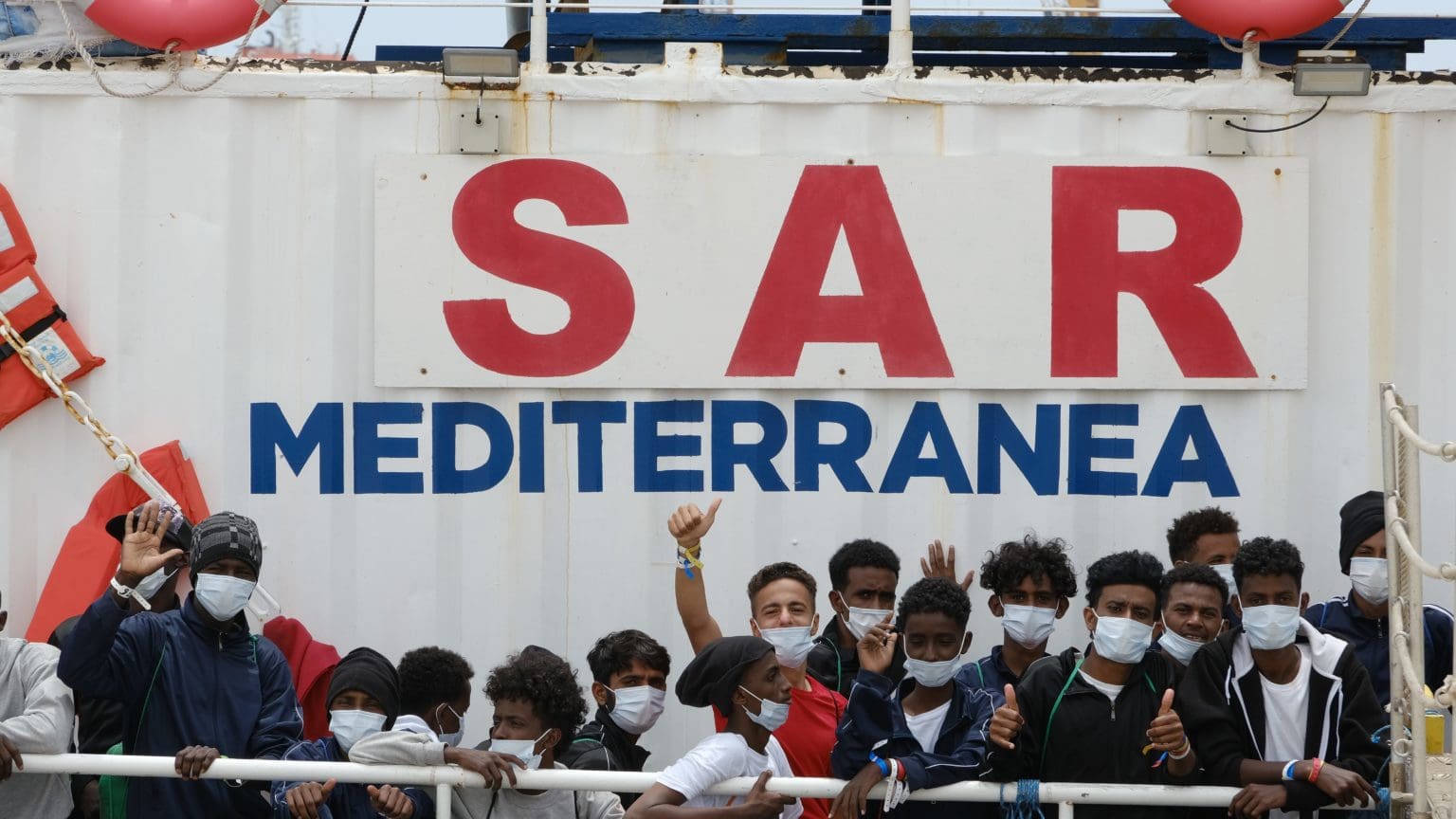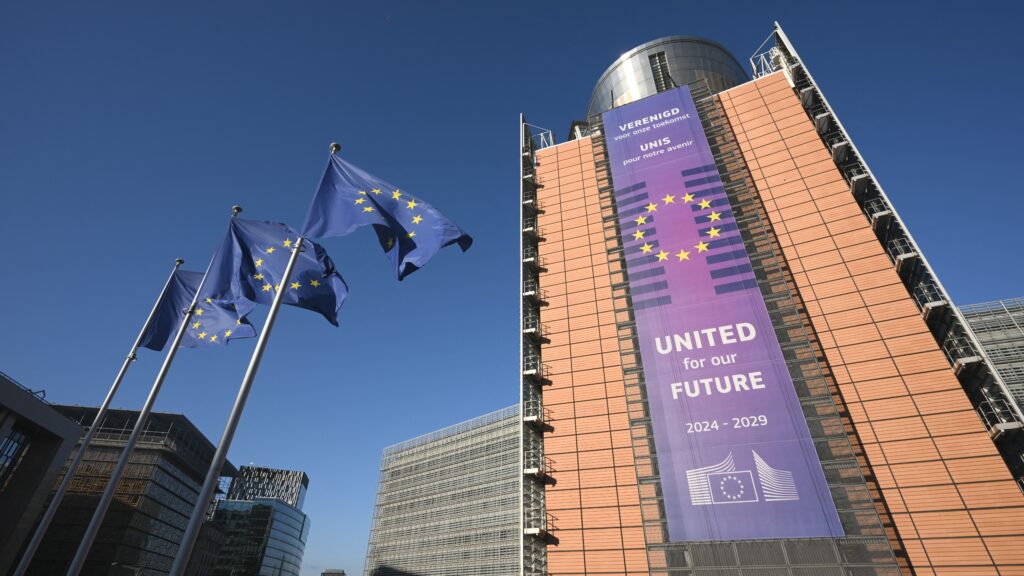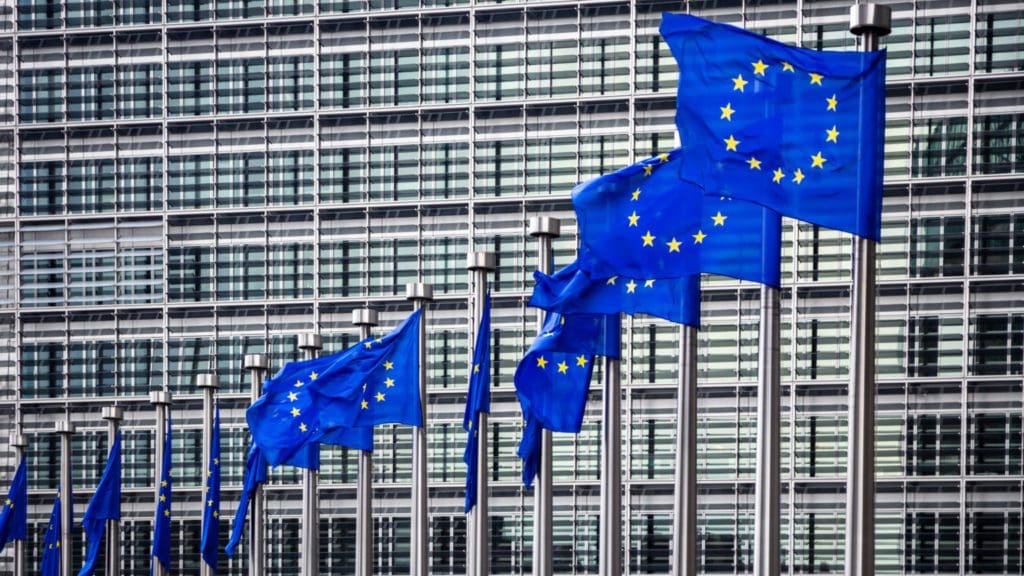Mediterranean countries, such as Italy expect over 150 thousand new arrivals this year into Europe as the food shortages exacerbated by the Ukraine conflict may spark a new migration wave from Africa and the Middle East. Though the expected numbers are much lower than those of 2015, when a million migrants/asylum seekers were at EU borders, the new wave could still cause issues even if the numbers remain relatively low compared to the 2015 crisis.
The Cause
Food prices were already high before the war in Ukraine as climate change continues to have tremendous impact on cereal production all over the globe. Unprecedented—though increasingly more common droughts— heavy rainfall have led to subpar harvests in China, Canada and Latin America leading to low supplies.
Wheat markets were already on the brink before the war. Ukraine and Russia together supply around 30 per cent of the globally traded wheat. What is more, Ukraine alone is responsible for 16 per cent of global corn exports. African and Arab countries are heavily dependent on Ukrainian exports.
The world’s biggest wheat importer, Egypt, purchases about 85 per cent of its wheat from Ukraine and Russia.
In just a couple of weeks, the war has caused food shortages and a steep increase in food prices all around the world. The already high wheat prices went up 50 per cent-to-14-year highs. Even though there has been a decline in costs, they are still considerably higher than in the same period in 2021.
Moreover, most of the exports go through Ukraine’s Black Sea ports, which have been closed to commercial shipping for the past five months. Though Russia and Ukraine have agreed on 22 July 2022 to a ‘de facto ceasefire’ at the ports to allow for grain exports, Russia violated the agreement the next day and bombed the ports.
‘If wheat remains blocked in the Black Sea ports, we must expect a greater migrant flow,’ said Italian Interior Minister Luciana Lamorgese.
With the potentially long-lasting war, and as the effects of climate change are getting worse, the outlook is dire for African and Arab countries, which rely heavily on global markets. Population growth and evolving dietary needs will only lead these nations to become even more dependent on food imports.
Unfortunately, these markets are expected to become more volatile due to climate change. According to experts, more regional trade, productivity improvements, healthier diets and more efficient supply chains have the potential to lessen the dependence.
Increasing Numbers
Over 36 thousand asylum seekers and migrants have arrived in Cyprus, Malta, Spain, Greece and Italy this year, after the influx of over 123 thousand migrants in 2021. The number is expected to rise, according to Cyprus Interior Minister Nicos Nouris.
‘This year the frontline member states are expected, as we have discussed between us, to receive more than 150 thousand migrants,’ he stated.
The forecast increase is backed up by Italy’s interior ministry, as their data already shows a 30 per cent increase in migrants and asylum seekers compared to the same period last year.
‘Insecurity Situations’
According to the United Nations, 1.6 billion people in 94 countries are currently exposed to either the food, energy or finance crises. Most of these people live in the ‘perfect-storm’, meaning they are vulnerable to all of them simultaneously.
Ylva Johansson, EU Commissioner for Home Affairs, told reporters following an informal meeting in Prague that the food crisis and sky-high energy prices ‘could lead to other insecurity situations like countries being unstable, terrorist groups being stronger, organised criminal groups being stronger.’
‘That means people can find themselves in a situation where they don’t feel safe to stay in their country and then start moving. Of course, this is a huge challenge’ she added.
Consequently, all of these factors are highly likely to prompt new waves of immigration. According to Johansson, it is currently impossible to tell exactly how many people will try to reach the EU due to the crises but preparations are ongoing.
‘We are working on contingency planning if a lot of more people would come to the EU […] of course, we try to avoid this from happening.’ Johansson said.
For instance, Brussels will sign an anti-smuggling partnership with Niger to support the country and stabilize it, to avoid migrant waves.
Though the fact that efforts are being made to avoid a disastrous border situation similar to 2015, the efficiency of the EU measures are yet to be seen. The handling of the 2015 situation was botched by many nations and only a couple, such as Hungary, served as an exception.
Due to the effects of climate change and the war in Ukraine, billions of people are at risk of food insecurity or famine. This will lead to large migrant waves from regions which rely heavily Ukrainian and Russian grain exports, such as North Africa or Arab countries. Migrants will attempt to enter the EU through Southern-Europe. These countries are now faced with the task of managing the upcoming crisis, which could prove to be exceedingly difficult due to the potentially immense influx of people.







